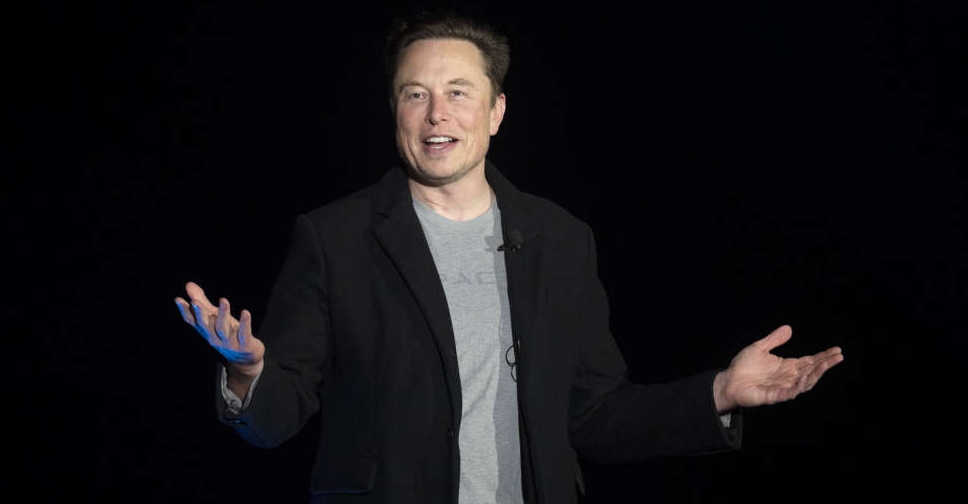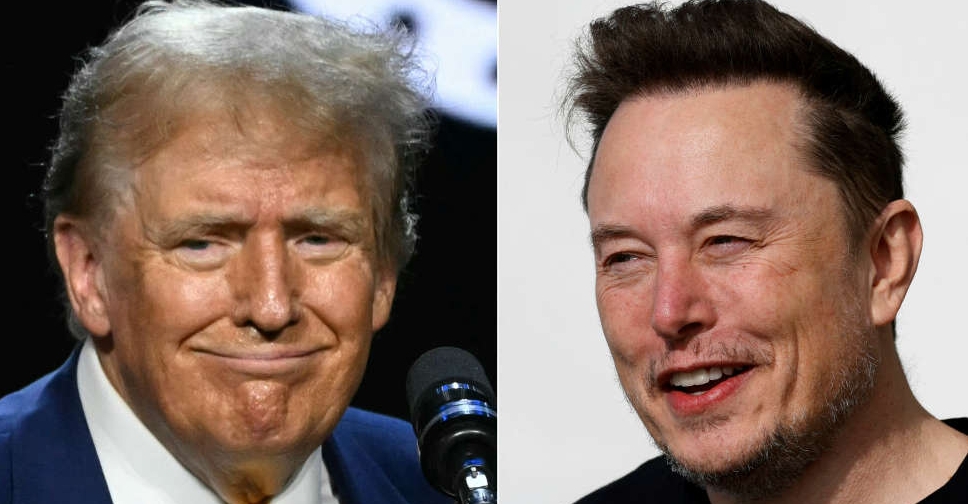
Neuralink, the brain-chip firm founded by Elon Musk, has announced that it has received approval from the US Food and Drugs Administration (FDA) to conduct its first tests on humans.
The company aims to restore people's vision and mobility by connecting brains with computers using its innovative implant technology.
Although Neuralink has obtained FDA approval, it has clarified that it currently does not have immediate plans to start recruiting participants.
This development marks a significant milestone for the company, as its previous attempts to commence human tests were unsuccessful. In fact, an earlier bid for FDA approval was rejected on safety grounds, according to a report by the Reuters news agency in March, which cited multiple current and former employees.
We are excited to share that we have received the FDA’s approval to launch our first-in-human clinical study!
— Neuralink (@neuralink) May 25, 2023
This is the result of incredible work by the Neuralink team in close collaboration with the FDA and represents an important first step that will one day allow our…
Neuralink's ultimate goal is to utilise microchips to treat various conditions such as paralysis and blindness. These microchips, which have already undergone testing in monkeys, are designed to interpret brain signals and transmit information to external devices through Bluetooth technology. Additionally, the company aims to assist disabled individuals in using computers and mobile technology.
Musk has previously emphasised that this groundbreaking technology could address concerns about human displacement by artificial intelligence (AI). In a Twitter announcement, Neuralink described the FDA approval as an "important first step" that will eventually benefit numerous people. The company acknowledged the tireless efforts of its team in collaboration with the FDA to achieve this milestone and promised to provide more information soon regarding its plans to enroll trial participants.
Neuralink's website emphasises its commitment to prioritising safety, accessibility, and reliability throughout its engineering process. However, experts caution that extensive testing is required to overcome technical and ethical challenges before brain implants can become widely available.
Since its establishment in 2016, Neuralink has repeatedly encountered delays and setbacks in executing its ambitious plans. Initially, the company aimed to begin implanting chips in human brains by 2020, following a pledge made the previous year. However, this target was later revised to 2022. Furthermore, Neuralink faced scrutiny in December of last year when it reportedly came under investigation for alleged animal welfare violations in its work, despite previously denying similar claims.
The FDA approval for human testing comes shortly after Swiss researchers made a similar breakthrough involving brain implants. In that case, a paralyzed man from the Netherlands was able to walk by simply thinking about it, thanks to a wireless system of implants transmitting his thoughts to his legs and feet.




 Dubai Airshow unveils main agenda with night events, runway networking
Dubai Airshow unveils main agenda with night events, runway networking
 Trump escalates feud with Musk, threatens Tesla, SpaceX support
Trump escalates feud with Musk, threatens Tesla, SpaceX support
 Dubai Holding, Select Group to collaborate on two new developments
Dubai Holding, Select Group to collaborate on two new developments
 Air Arabia to resume Sharjah–Damascus flights
Air Arabia to resume Sharjah–Damascus flights
 Emirates Reit reports strong Q1 2025 with 24% rise in property income
Emirates Reit reports strong Q1 2025 with 24% rise in property income



